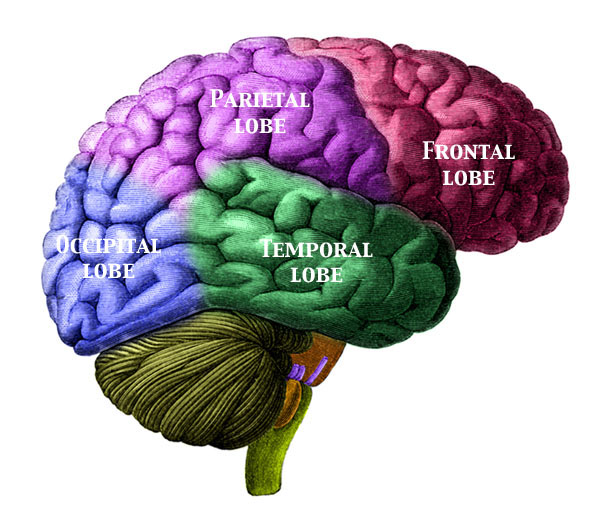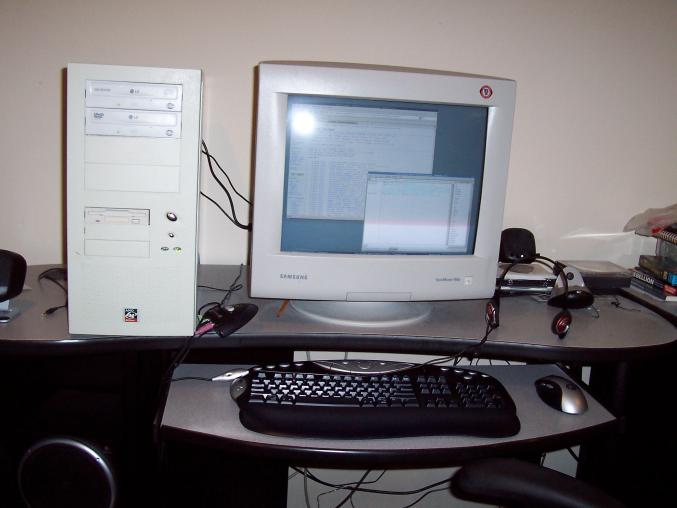Minds, brains, computers and skunk butts
[This post will remain at the top of the page until 10:00 am EST tomorrow, May 22. For reader convenience, other coverage continues below. – UD News]
 |
 |
 |
 |
In a recent interview with The Guardian, Professor Stephen Hawking shared with us his thoughts on death:
I have lived with the prospect of an early death for the last 49 years. I’m not afraid of death, but I’m in no hurry to die. I have so much I want to do first. I regard the brain as a computer which will stop working when its components fail. There is no heaven or afterlife for broken down computers; that is a fairy story for people afraid of the dark.
Now, Stephen Hawking is a physicist, not a biologist, so I can understand why he would compare the brain to a computer. Nevertheless, I was rather surprised that Professor Jerry Coyne, in a recent post on Hawking’s remarks, let the comparison slide without comment. Coyne should know that there are no less than ten major differences between brains and computers, a fact which vitiates Hawking’s analogy. (I’ll say more about these differences below.)
But Professor Coyne goes further: not only does he equate the human mind with the human brain (as Hawking does), but he also regards the evolution of human intelligence as no more remarkable than the evolution of skunk butts, according to a recent report by Faye Flam in The Philadelphia Inquirer:


